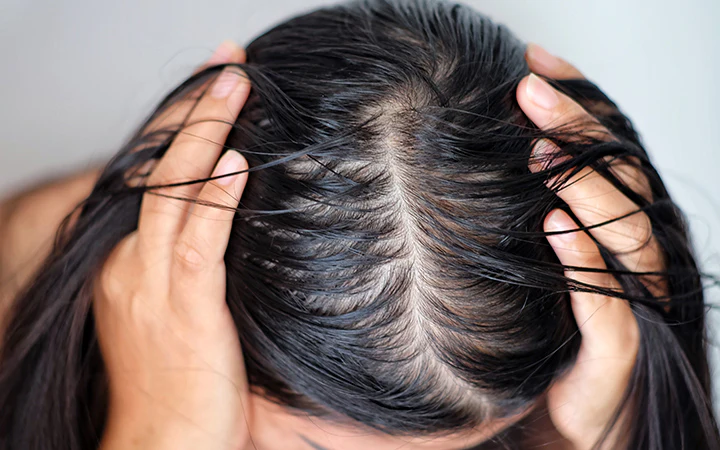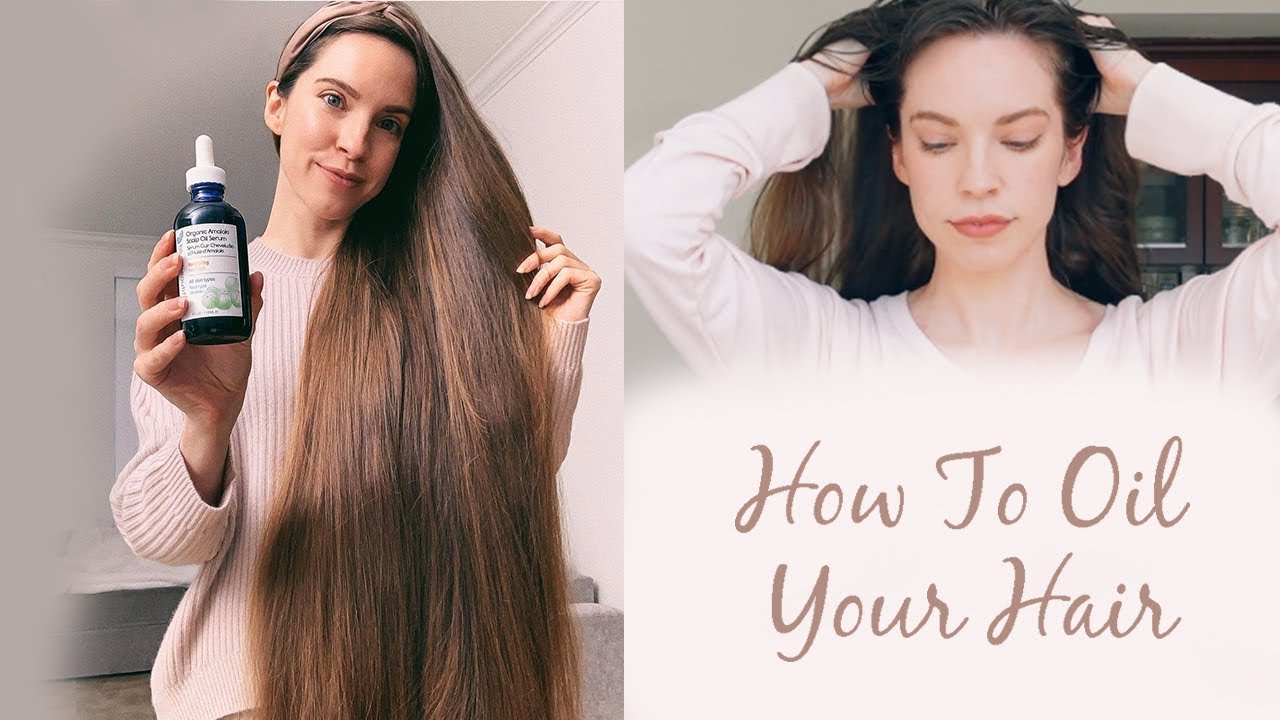Hair Loss Prevention: 22 Tips to Help Preserve Your Hair
Losing up to 100 hairs a day is normal as part of the natural growth cycle, but if you’re seeing more substantial hair loss, it might be time to consider preventive steps. Hair is closely tied to self-confidence and appearance, so noticing hair thinning or shedding can be distressing. But there’s good news: there are numerous ways to slow, stop, or even reverse hair loss.
In this article, we explore 22 tips to help prevent hair loss, along with answers to common questions on maintaining healthy hair.
Understanding Hair Loss: What Causes It?
Hair goes through a cycle of growth, rest, and shedding. Some hair loss may be temporary, triggered by factors like stress, surgery, or pregnancy—a condition called telogen effluvium. However, more persistent or sudden loss might signal other issues like hormonal imbalances or certain medical conditions. Here’s how you can address the underlying causes and promote healthier hair.
Dietary Changes to Support Hair Health
What you eat plays a significant role in maintaining strong, healthy hair. These dietary suggestions can help.
1. Mediterranean Diet
A 2017 study showed that diets rich in raw vegetables and fresh herbs—like the Mediterranean diet—may reduce the risk of androgenic alopecia (pattern baldness). For best results, aim for at least three servings of vegetables and herbs, such as parsley, basil, and leafy greens, each week.
2. Increase Protein Intake
Hair is primarily made of keratin, a protein. A study of people experiencing hair loss found they often had low amino acid levels, which are essential for keratin production. Include protein-rich foods in your diet, such as:
- Eggs
- Nuts
- Beans and peas
- Fish
- Lean meats like chicken and turkey
3. Vitamin A for Hair Health
Vitamin A promotes cell growth and helps the hair cycle, though balance is key. Add vitamin A-rich foods like sweet potatoes, spinach, and sweet peppers to your meals for optimal benefits.
Supplements to Consider
Supplements can fill nutritional gaps that may impact hair health. Here are some supplements worth exploring.
4. Multivitamins
Vitamins A, B, C, and D, along with iron, selenium, and zinc, are crucial for hair growth and retention. A daily multivitamin can support hair health if you’re not meeting these nutrient needs through food.
5. Vitamin D
Studies link vitamin D deficiency to conditions like alopecia. A 2024 review indicated that addressing this deficiency might help with hair regrowth.
6. Biotin (Vitamin B7)
Biotin aids in fatty acid production, essential to the hair’s life cycle. A deficiency in biotin may contribute to hair loss, so supplementing can be beneficial.
7. Saw Palmetto
This herb, from the American dwarf pine tree, may improve hair density and count, especially for androgenetic alopecia. A review suggested doses between 100-320 mg taken once or twice daily.
8. Ginseng
Ginseng contains phytochemicals that could promote scalp hair growth. Consult with a doctor to determine appropriate dosages before adding ginseng supplements.
Hair Care Habits for Prevention
Proper hair care is crucial in preventing hair loss and damage. These tips can help keep your hair healthy.
9. Regular, Gentle Washing
Daily washing with a mild shampoo can keep your scalp clean and reduce hair loss. Avoid harsh shampoos that may strip your hair of essential oils.
10. Use Coconut Oil
Coconut oil’s lauric acid binds with hair protein, protecting hair from breakage. Applying it to your scalp can also improve blood flow, promoting growth.
11. Olive Oil for Deep Conditioning
Olive oil can deeply condition hair, preventing dryness and breakage. Try applying a few tablespoons and leave it in for about 30 minutes before rinsing.
12. Gentle Styling
Avoid tight hairstyles that pull at the roots, as well as excessive heat styling, which can weaken the hair shaft and lead to breakage.
13. Limit Chemical Processing
Chemical treatments can damage hair. Consider alternatives like organic dyes or ammonia-free options to reduce scalp stress.
Medical Treatments for Hair Loss
For significant hair loss, medical treatments might offer effective solutions.
14. Laser Therapy
Low-level laser therapy (red light therapy) may help improve hair density, especially for those with genetic hair loss. Regular use of at-home devices can produce results.
15. Platelet-Rich Plasma (PRP) Injections
PRP injections use your own blood platelets to stimulate hair growth in thinning areas. PRP therapy can be effective, though it’s not typically covered by insurance.
Medications for Hair Loss Management
Several FDA-approved medications can help slow or even reverse hair loss.
16. Minoxidil (Rogaine)
This over-the-counter topical treatment is widely used for hair loss. Apply the liquid or foam daily, but be mindful of possible side effects like scalp irritation.
17. Finasteride (Propecia)
This prescription oral medication can slow hair loss and promote growth, though it may take up to a year to show effects. Be aware of potential side effects like reduced libido.
18. Topical Phenylephrine
This medication isn’t publicly available yet, but it may help prevent hair loss related to styling. Scientists are developing a formula to be used on the scalp.
Alternative and DIY Remedies
Some natural remedies may help encourage hair growth.
19. Essential Oils
Essential oils such as lavender, thyme, and peppermint may promote hair growth. Mix a few drops with a carrier oil and apply it to your scalp, but do a patch test first to avoid irritation.
20. Onion Juice
Applying onion juice to the scalp may stimulate regrowth for people with alopecia areata. This remedy is believed to work due to the sulfur content in onions.
21. Scalp Massage
Regular scalp massages can boost circulation and potentially improve hair thickness. A small study found positive results with as little as four minutes of massage daily.
22. Yoga for Stress Relief
Hair loss from stress may benefit from stress-relieving activities. Try poses like Downward-Facing Dog, Camel Pose, or Fish Pose to help manage stress and improve circulation.
When to Consult a Doctor
If you’re concerned about hair loss, consult a doctor to rule out underlying health issues. Conditions like alopecia areata, hormonal imbalances, and certain medications can impact hair health. Treating the root cause and adopting a balanced lifestyle can significantly improve hair retention.
Conclusion
While sudden or excessive hair loss can be alarming, there are effective ways to manage it. By understanding the cause and making dietary, lifestyle, and hair-care changes, you can help prevent or slow down hair loss. If hair loss persists, don’t hesitate to seek professional guidance to explore personalized treatment options.



